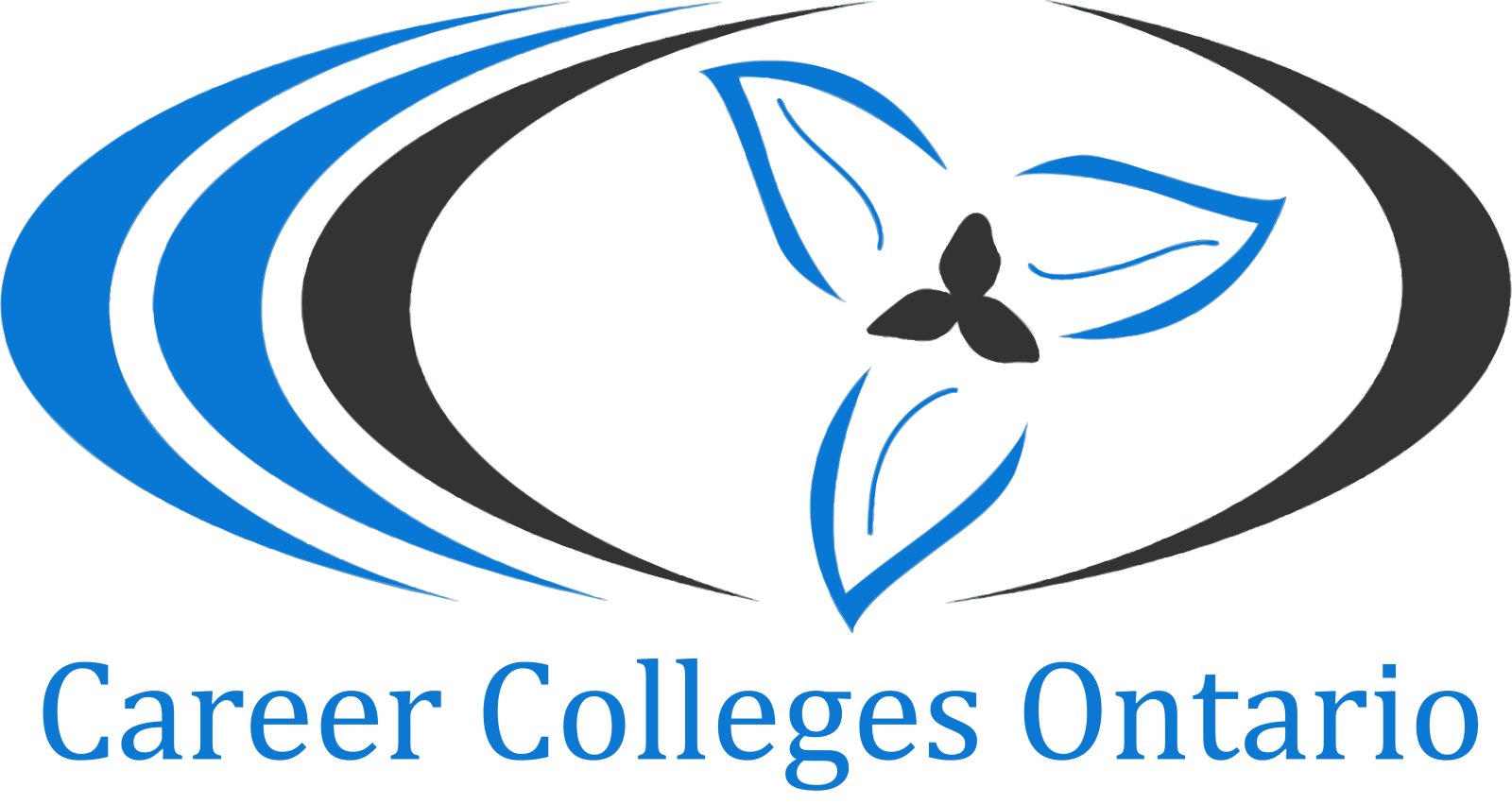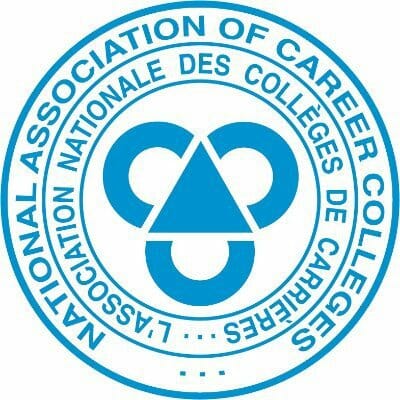Get the Skills to Become a Cosmetic Science Professional

Online Cosmetic Science & Chemistry Certificate Course
Are you interested in learning about the scientific concepts behind your favorite beauty products? GLOW College’s Cosmetic Science & Chemistry Certificate Course will provide you with the skills and training needed to understand the chemistry of cosmetics, skincare, fragrances, and the ingredients in them. Start learning for as little as $450/month.
Start Self-Paced theory anytime, followed by Instructor-led practicals.
This Cosmetic Science & Chemistry Certificate Course is delivered 100% online so you can advance your cosmetic career with the flexibility and support you need to succeed. You can balance work, family and other commitments while you get the skills to build a brighter future.
The Cosmetic Science & Chemistry Certificate course is designed to provide a comprehensive understanding of the science behind cosmetic product development. From learning the intricacies of cosmetic color and skin biology to mastering the art of formulation and understanding the role of microbiology, this course will equip you with the scientific knowledge and practical skills necessary to excel in the dynamic and growing field of cosmetic science. With a solid foundation in chemistry, biology, and microbiology, you’ll be well-prepared to contribute to the development of safe, effective, and market-ready cosmetic products.
1. Science of Cosmetic Colour
Color is a critical element in the development of cosmetics, influencing consumer preferences and product effectiveness. In this module, you’ll explore the science behind cosmetic color, including the principles of color chemistry, color pigments, and dyes. You’ll learn about different types of colorants used in cosmetics, such as natural versus synthetic pigments, their stability, and how they interact with other ingredients. Additionally, you’ll examine regulatory standards and safety concerns surrounding the use of colorants in cosmetic products. This knowledge will help you understand how to choose and incorporate colors that are both safe and appealing to consumers, contributing to the visual appeal and marketability of cosmetic products.
2. Skin
The skin is the largest organ of the body and plays a vital role in the efficacy and safety of cosmetic products. In this section, you’ll study the structure and function of the skin, including the epidermis, dermis, and hypodermis, and how these layers interact with cosmetic formulations. You’ll learn about skin types, skin conditions, and how these factors influence product performance. The module will also cover skin absorption and penetration, helping you understand how cosmetic ingredients interact with the skin and how to design products that are both effective and safe. This foundational knowledge is essential for formulating products such as moisturizers, cleansers, and sunscreens that are tailored to different skin needs.
3. Hair and Fragrances
Hair care products are a significant category within the cosmetic industry, and understanding hair structure and composition is essential for developing effective formulations. This module delves into the science of hair, covering the anatomy of hair, types of hair, and the different factors that affect hair health and appearance. You’ll also explore the role of ingredients in hair care formulations, such as shampoos, conditioners, and treatments, and how they interact with the hair and scalp.
In addition, you will study the chemistry behind cosmetic fragrances—one of the most sensory-driven aspects of personal care products. You’ll learn how fragrances are created, the various types of fragrance ingredients, and how to balance scents to enhance the appeal of cosmetics. You will also gain insights into the challenges of formulating fragrances that are both safe and effective in various cosmetic products. This module provides a holistic approach to understanding how hair care products and fragrances influence consumer satisfaction and product performance.
4. Cosmetic Microbiology
Cosmetic microbiology is crucial for ensuring the safety, stability, and quality of cosmetic products. In this module, you will explore the science of microbes in the context of cosmetic products, learning about bacteria, fungi, and other microorganisms that may contaminate products. You’ll study how preservatives and antimicrobial agents are used to prevent microbial growth and extend the shelf life of products. This module will also cover the testing methods used to assess the microbiological safety of products, including preservation efficacy testing and contamination risk assessment. Understanding these principles is vital for developing products that are not only effective but also safe for consumers, free from harmful microbial contamination.
5. Lab Etiquette
Lab etiquette is fundamental to ensuring the safety, cleanliness, and accuracy of your formulations and experiments. In this module, you will learn the essential practices for working in a cosmetic science lab, including proper safety protocols, handling chemicals, and maintaining a sterile work environment. You’ll also learn how to document experiments, track formulations, and manage laboratory equipment. Good lab etiquette ensures that all experiments and formulations are conducted with precision, reducing the risk of contamination or errors in product development. This section also emphasizes the importance of adhering to regulatory standards and ethical guidelines in the cosmetic industry, ensuring that the products you develop are both safe and compliant with industry regulations.
6. Formulation Overview
The Cosmetic Science & Chemistry Certificate emphasizes understanding the formulation process of cosmetic products, covering ingredient selection, types of formulations (like creams and gels), and the importance of excipients and ingredient synergy. The module explores the science behind emulsions, surfactants, thickeners, and stabilizers, equipping you with skills to create stable and effective formulations. Additionally, it addresses testing processes for product safety, efficacy, and consumer appeal, ultimately providing a comprehensive grasp of creating innovative cosmetics that meet industry standards.
The best way to see if GLOW College is the right fit for you is to come and tour the school. You can tour our facilities and meet with students and instructors. Book an appointment now or Get more info.
Is a Career as a Cosmetic Science Professional Right for You? Take the Glow College Cosmetic Science Career Training Readiness Quiz
This fun, online quiz takes 3-minutes to complete and you’ll get a personalized report. Identify your strengths and social style plus the training and positions you’re best suited for. Get Your Career Training Readiness score now.
LendCare Financing
GLOW College offers a NEW 0% Financial Aid option through LendCare. LendCare offers an easy-to-use, online financing solution, with express credit decisions, accessible from anywhere you are, 24/7.
Enrollment Terms:
Fees include Tuition and free Virtual Seat assignment. Digital Certificate will be issued upon completion of all lessons, assessments, and upon final payment (where applicable). Non-refundable once paid. This program does not require approval under the Ontario Career Colleges Act, 2005
Course Outline
Is a Rewarding Career in Cosmetic Science Right For You? Get More Info…
If you’re interested in learning more about careers in Cosmetic Science and exploring whether GLOW College is right for you, fill out the form on this page to receive more information.
For immediate questions, call 905-453-9456.


